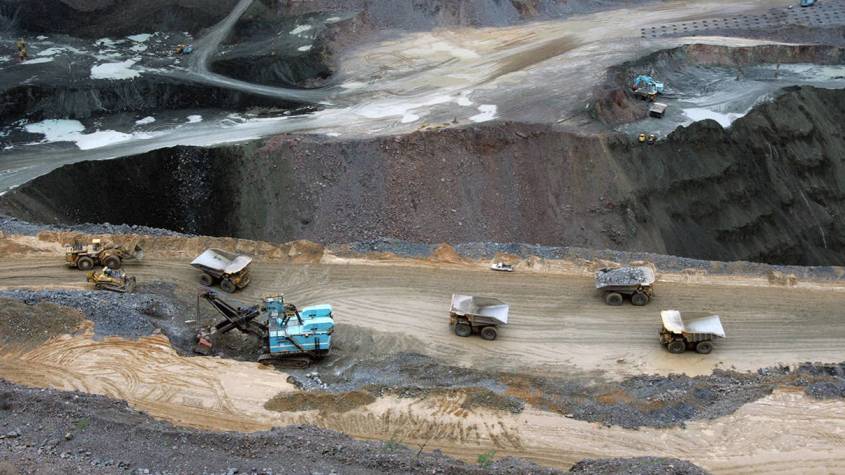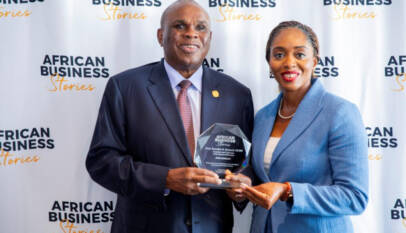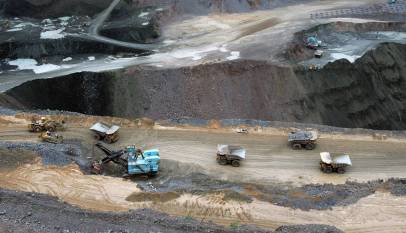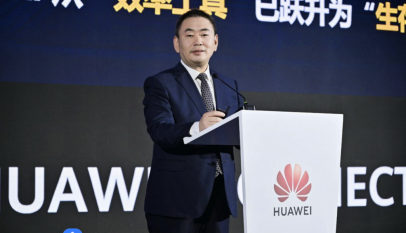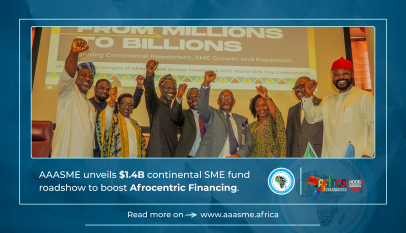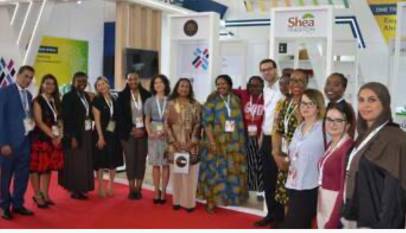‘Africa’s Green Minerals Boom: Opportunity or Repeat of Extractive Past?’
Africa holds more than a third of the world’s reserves of critical green minerals, yet without a coordinated approach, the continent risks repeating colonial-era extractive patterns.

This was the clarion call from governments, experts, civil society and youth at a High-Level Dialogue on the theme: Towards an African Position on Critical Green Minerals Diplomacy by the United Nations Economic Commission for Africa (ECA) in collaboration with the African Union, on the margins of the Second Africa Climate Summit in Addis Ababa, Ethiopia, earlier this September.
As the world races toward decarbonization, demand is surging for lithium, cobalt, graphite, copper, manganese, and rare earths—the essential components of solar panels, wind turbines, electric vehicles, and batteries.
With over 30% of global reserves, Africa sits at the heart of this energy transition. The opportunities are immense: industrialisation, job creation, regional value chains, and inclusive growth. The risks, however, are just as big: environmental damage, inequitable value distribution, and a return to raw commodity exports with minimal local benefit.
As a safeguard against this grave risk, stakeholders stressed the urgent need for a unified African diplomatic stance on green minerals, aligned with the Africa Mining Vision (AMV) and the African Green Minerals Strategy (AGMS). This follows calls from the UN Secretary-General’s Panel on Critical Energy Transition Minerals (2024) and the 3rd African Forum on Mining (2024), which urged the African Union to launch a High-Level African Critical Minerals Diplomacy initiative.

“Africa at Heart of Global Energy Transition” – UNECA Chief
Opening the high-level dialogue, Mr. Claver Gatete, Executive Secretary of UNECA, said Africa must seize the moment to redefine its mineral trajectory.
“We must prioritise local value addition—processing, refining, and manufacturing in Africa—rather than exporting raw cobalt or lithium. UNECA, with Afreximbank and other partners, is already spearheading a continental battery and electric vehicle value chain,” he said.
Mr. Gatete added that Africa’s green minerals diplomacy must be anchored in justice, equitable partnerships, and intra-African cooperation, ensuring mineral wealth drives industrialisation, resilience, and inclusivity.
“This dialogue is about Africa’s future, and UNECA stands ready to work with Member States, the AU, and partners to turn commitments into action by providing the expertise, analysis, and platforms needed to strengthen Africa’s voice and advance regional value chains,” said Mr. Gatete.

“Our Minerals Must Serve Our People” – Ugandan Minerals Minister
Hon. Phiona Nyamutoro, Uganda’s Minister of State for Minerals, echoed the call, warning against history repeating itself, noting that Uganda is harnessing its vast deposits of copper, cobalt, iron ore, graphite, lithium, nickel, and rare earths through strategies rooted in sustainability, transparency, and inclusive growth.
“Africa must ensure that the rush for green minerals does not repeat the mistakes of the past—extracting wealth without local benefit. Instead, this should be a moment to drive just energy transitions, inclusive industrialisation, and shared prosperity. This dialogue is about powering homes, building industries, creating jobs and securing a fairer future for our people,” she said.
Beyond Uganda, the Minister advocated for the creation of an African Green Minerals Forum—a continental platform to harmonize Africa’s positions in global negotiations, including those at the World Trade Organisation, United Nations Framework Convention on Climate Change, and G7/G20 dialogues.
The AU-UNECA side event advanced the Resilience Track through advocacy for fair mineral governance, the Nature-Tech Track by linking sustainable resource use with climate goals, and the Finance and Policy Tracks by exploring equitable partnerships to finance a just energy transition.

